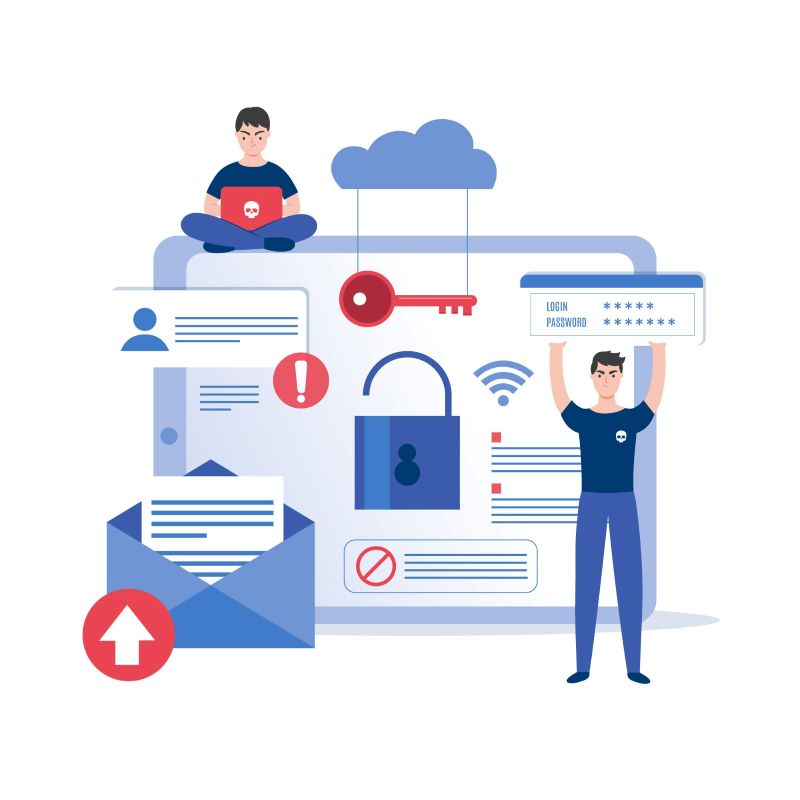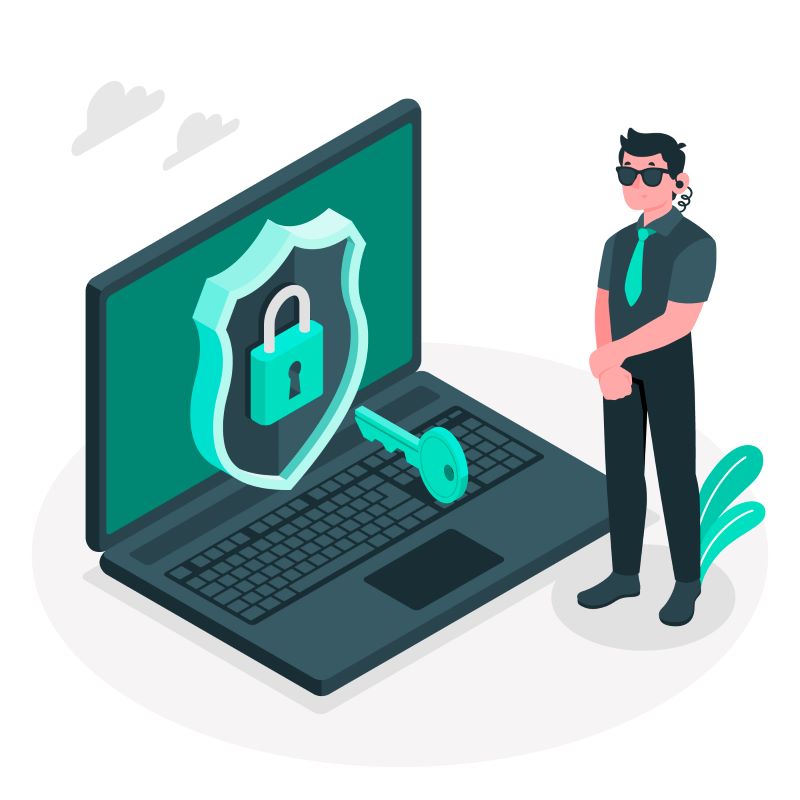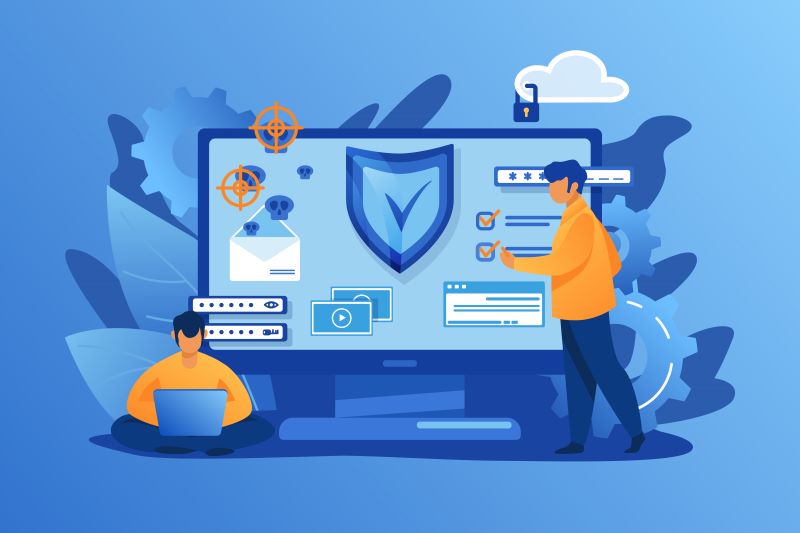
In today's digital world, data leaks and thefts are constantly on the rise. With many malicious attacks happening over the internet with increasing regularity, security issues can’t be ignored any longer.
Data privacy and data security are becoming increasingly important for businesses in this new age of computing. With cloud-based applications, ecommerce platforms, social media and mobile devices being used a lot more frequently by businesses and consumers, the potential for threats has been increasing drastically.
With digital technology giving cyber attackers more access to personal information, it is essential that you stay protected. This blog explores how you can do so. It also talks about the benefits of data privacy and data security and the differences between the two terms.
What is Data Privacy?

Data privacy refers to the protection of the collection, use and dissemination of personal data. It is a fundamental human right that applies to all people irrespective of their nationality or place of residence. Data privacy requires high levels of confidentiality, anonymity, and security.
Ensuring data privacy has become one of the biggest global challenges today. With a significant portion of data being controlled by various governments and global organizations, it can often be manipulated to take control of people’s lives.
Definition of Data Security
Data security is a broad term that refers to the protection of information and data. It involves safeguarding digital assets and ensuring that they are not exposed to unauthorized access or modification.
The goal of data security is to ensure that only authorized users have access to data, and that the confidentiality and integrity of this data is maintained. Data security can include encryption, authentication, identification, and authorization. It also includes anti-spam measures, disaster recovery (DR) planning and business continuity planning (BCP).
Data security should be the top priority for your organization, as sensitive data leaks can hugely impact your reputation, finances, and operations. Different steps can be taken to ensure data protection, including encryption, password protection and data masking.

Differences between Data Privacy and Data Security
While data privacy and security are often used interchangeably, they are distinct concepts that are critical to protecting sensitive information. Here are the key differentiators between the two:

Data Privacy
Data privacy refers to how personal data is handled. It refers to people having access to that data and how it’s used, stored, shared and destroyed. It is concerned with ensuring that individuals have control over their personal data and can choose how and when their data is used.
Data privacy ensures the protection of personal information and gives individuals total control over their data, through certain policies and procedures.
Data Security
Data security, on the other hand, focuses on protecting data from unauthorized use and access. It involves the implementation of technical measures to prevent data breaches and other security incidents. The main objective of data security is primarily concerned with preventing data from being accessed by unauthorized individuals or entities.
Benefits of Data Privacy and Data Security
Data privacy has several benefits, including:
- Protecting Personal Information: Data privacy regulations ensure that personal data is protected from misuse, giving individuals greater control over their data.
- Gaining a Competitive Advantage: Demonstrating a commitment to data privacy can help your organization gain a competitive advantage, as customers are increasingly concerned about the protection of their personal information.
- Confidentiality: Confidentiality means that only those people authorized to view private and sensitive information can do so. Confidentiality helps ensure that all employees work together in an atmosphere of trust and respect, eventually boosting their morale and productivity.
- Prevention of Data Breaches: A data breach can cost a company millions of dollars in terms of fines and earn them a lot of negative publicity. When you have strong security measures in place, you can minimize the risks of a data breach.
- Improving Employee Productivity: Employees who feel their personal information is secure will be more focused at work. This, in turn, will improve their productivity and reduce employee turnover.
- Protection of Sensitive Information: Having the data security measures will help prevent sensitive information from being accessed by unauthorised individuals or entities, preventing data breaches and other security incidents.
- Ensuring Business Continuity: Data security measures help ensure business continuity by preventing data loss and minimizing the impact of security incidents.
- Compliance with Regulations: Compliance with data security regulations is essential for avoiding fines and penalties and protecting your organization's reputation.
- Building Trust: By implementing robust data security measures, organizations can build trust with their customers and stakeholders.
Make Securing your Information a Priority
Protecting your personal data and sensitive information is something you can’t compromise on.
At eProtect 360, we understand the importance of securing your information, and have comprehensive solutions that will help you protect your data and comply with the latest regulations.
Don't wait until it's too late to secure your data!
Learn more about how we can help you protect your data in the cloud and stay ahead of the game in 2023 and beyond.
Get in touch with us now. .
